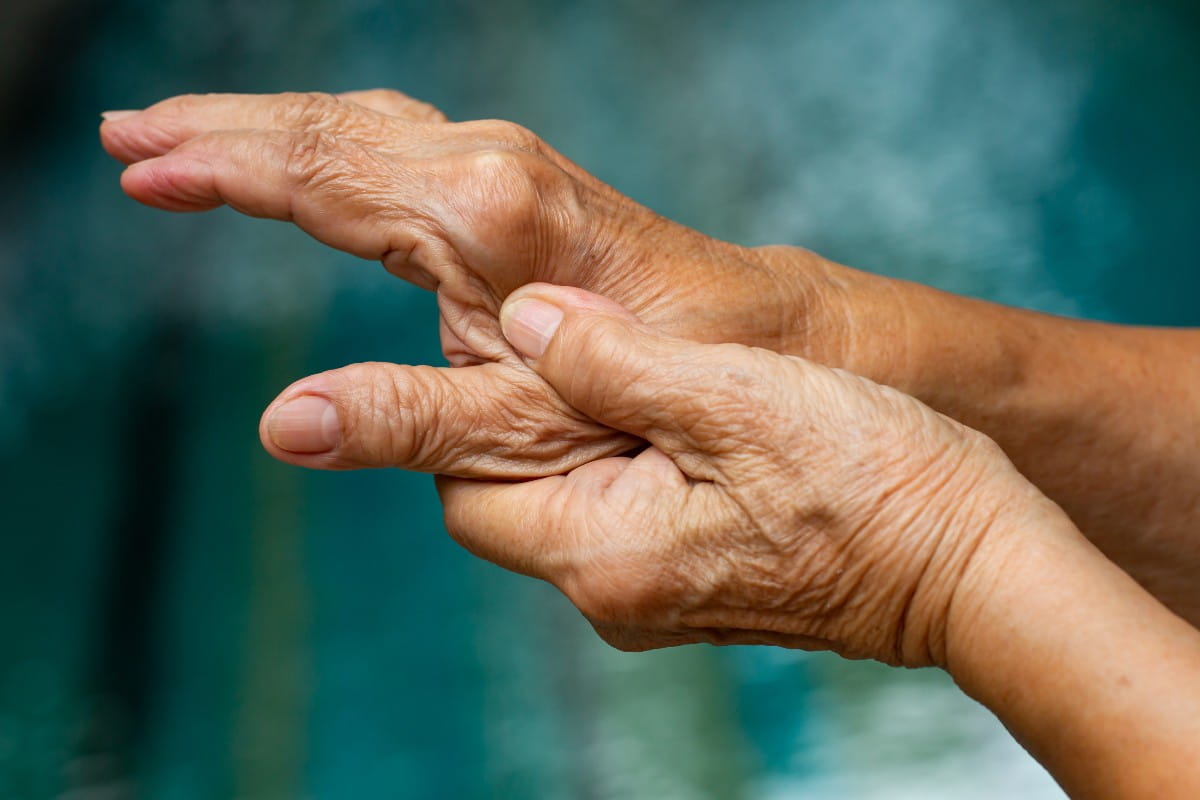Knowing how to respond to your loved one’s difficult behavior can feel frustrating and challenging. When a parent or a loved one is angry or aggressive due to dementia, it’s very common to feel upset — and even hurt.
This guide will help you understand more about the challenging behaviors associated with dementia and Alzheimer’s disease. The strategies presented here can also help you know which behaviors to expect, and how you can help your loved one or family member navigate these challenges.
Common behaviors associated with dementia
A variety of behaviors may be seen when a parent or loved one is dealing with dementia and Alzheimer’s disease. In the earlier stages of dementia, your loved one might struggle with memory loss and forgetfulness.
As Alzheimer’s disease progresses into the middle stages, strong emotions such as anger, depression and aggression are common. As frightening or upsetting as this is, it’s normal and part of the progression of Alzheimer’s. Common challenging behaviors include:
- Anger
- Agitation
- Aggression
- Combativeness
- Confusion
- Depression
- Forgetfulness and memory problems
- Hoarding
- Verbal abuse
- Wandering and getting lost
Establish a routine for your loved one
Your loved one might need help with everyday tasks and remembering basic daily skills such as eating and bathing. Help your parent by developing a calming and simple routine during the day so your loved one knows what to expect.
Find a comfort object for your parent
Whether it’s calming music or a favorite clothing item, find a familiar and comforting item that will help to soothe your loved one. Many times, people with dementia feel confused and forgetful. Having a familiar object or calming routine can be very helpful to your parent.
Enlist the help of family
When you’re caring for your aging loved parent, it’s impossible to do it all alone. That’s why it is so important to get help from trusted family members. Getting support and input from family members can help you find new solutions and understand the underlying causes of your loved one’s challenging behaviors.
Know when your loved one needs medical care
There are many signs that your loved one needs immediate medical attention. It’s important to contact your loved one’s physician or health care provider if you observe any of these problems:
- Frequent falls
- Unusual or sudden agitation or aggression
- Increased confusion
- Sudden changes in your loved one’s condition
- Usual medication doesn’t seem to be helping
- Your loved one is in pain or shows discomfort
- Your parent has a fever
- Inability to eat or swallow
- Unintentional weight loss or weight gain
Get caregiver support
It’s normal and expected for caregivers of loved ones to feel exhausted, stressed, and even experience symptoms of burnout. That’s why it is so important to take care of yourself while caring for your parent. You can’t give support and help if your own needs aren’t being met. Be sure to get plenty of sleep and take breaks when you need them. If you are sick or unable to care for your loved one, ask someone else to take over for the day. Don’t spread your germs to your parent, as they might have a weak immune system.
With some planning and forethought, you can manage the challenging behaviors your parent may be experiencing due to dementia.
Resources:
- The Complete Guide to Challenging Behaviors in Dementia, https://www.verywellhealth.com/the-complete-guide-to-challenging-behaviors-in-dementia-97607
- Caregivers Guide to Understanding Dementia Behaviors, https://www.caregiver.org/caregivers-guide-understanding-dementia-behaviors



